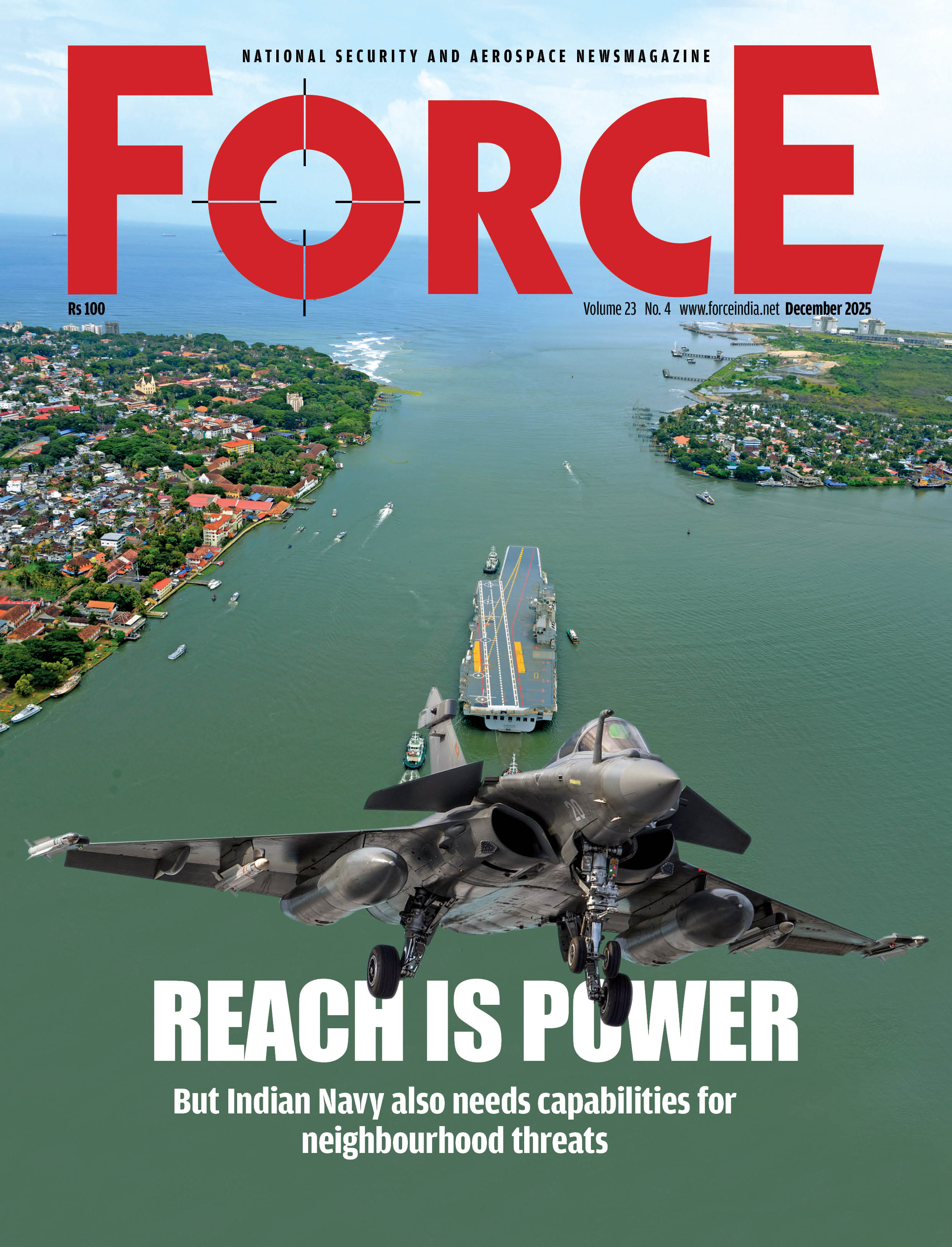View from Pakistan | Walk the Talk
Khurshid Mahmud Kasuri
The current situation between the two countries is almost as bad as it has been during the worst of times. In my book, Neither a Hawk, Nor a Dove, I have referred to nine wars and near war situations that the two countries have faced since 1947; the current situation is perhaps not nearly as bad.
The Line of Control (LC) is, however, being violated with impunity and regularity with each side accusing the other of initiating violations. Media reports on both sides give a diametrically opposite account of the happenings, but, there is no doubt that the LC violence has already resulted in the death of many military personnel and civilians on both sides. Unless better sense prevails, the situation could quickly get out of hand.
Isolating Pakistan?
India made sure that the SAARC summit scheduled to be held in Islamabad on 15–16 November 2016 was postponed. Prime Minister Narendra Modi continues to repeat, perhaps, largely, for Indian domestic consumption that he will ‘isolate’ Pakistan since it is the cause of ‘terrorism in Kashmir’.
He, of course, forgets that because of Pakistan’s geostrategic importance; its importance in the Muslim world; its nuclear status; its huge population base; its centrality to any possible solution to the Afghan problem; and with the world’s fifth or sixth largest, strong, disciplined and battle-hardened army (due partly to the disturbed situation on its Western border ever since the Soviet Union’s invasion of Afghanistan in 1979 and the troubled situation there ever since), it just cannot be isolated.
Thus, despite PM Modi’s efforts to isolate Pakistan at the BRICS summit in Goa, China’s President Xi Jinping took him head on and called for ‘concrete efforts and multi-pronged approach that addressed both symptoms and root causes to global challenges like terrorism’ — an argument that mirrored Pakistan’s position on Kashmir. In violation of international practices, not to use a multilateral forum for bilateral disputes and PM Modi’s efforts to woo Russia in which he said ‘one old friend is better than two new ones’, it was noted that Russian President Vladimir Putin, in his remarks, did not mention terrorism at all.’ On the other hand, despite strong Indian objections at a time of high tension between the two countries following Uri, Russia sent its troops for a joint military exercise with Pakistan in an area of Gilgit-Baltistan which India protested was ‘Pakistan Occupied Kashmir!’.
Furthermore, Russian military delegation visited for the first time ever the conflict-stricken areas in South Waziristan Agency in March 2017. The delegation ‘acknowledged and appreciated the Pakistan Army’s achievements in fight against terrorism and efforts to bring stability in the region’. Please do not think that I am overlooking the attitude of zero tolerance of the international community towards terrorism. I am acutely conscious of it and Pakistan will have to make great efforts to root out terrorism; in fact it has been a major victim itself. This is recognized by almost the entire political leadership of the country, as well as, by the Pakistan Army. The Operations Zarb-e-Azb and Rad-ul-Fasaad launched respectively by Gen. Raheel Shareef and Gen. Qamar Javed Bajwa have almost entirely destroyed the terrorist infrastructure in Pakistan’s tribal areas. North Waziristan is the greatest proof of that.
more
Recently (July 2017), Senator John McCain, chairman of the armed services committee of the US Senate led a congressional delegation to South Waziristan where all the members lavished perfuse praise on the Pakistani Army’s efforts to clear the tribal area of the terrorist infrastructure. North Waziristan has also been cleared. This was no easy job and involved hand to hand fighting with terrorists. One of the members, Senator Whitehouse said, “Never crossed my mind I’d be visiting South Waziristan, let alone a peaceful South Waziristan. So, my congratulations to the Pakistani military.”
Prime ministers of both the countries missed an opportunity to resume talking when there was no sideline meeting in Astana (Kazakhstan) where Pakistan and India have been admitted as full members of the Shanghai Cooperation Organization. It was, however, noted by the media that ‘more than 17 months after Prime Minister Narendra Modi met Pakistan’s PM Nawaz Sharif in Lahore, the two met in the leaders’ lounge at the opera house here, where they exchanged greetings.’ May be this was slightly better than their performance at other locations where they have studiously avoided each other. During his recent visit to the United States, PM Modi used every forum to attack Pakistan. This only hardened feelings in Pakistan; perhaps PM Modi thinks that he could influence the US to pressurise Pakistan on Kashmir.
In my opinion, the US would wish to use India against China. The Americans may be more reluctant to satisfy India’s wishes regarding pressurising Pakistan (particularly at a time when human rights violations in
Subscribe To Force
Fuel Fearless Journalism with Your Yearly Subscription
SUBSCRIBE NOW
We don’t tell you how to do your job…
But we put the environment in which you do your job in perspective, so that when you step out you do so with the complete picture.







